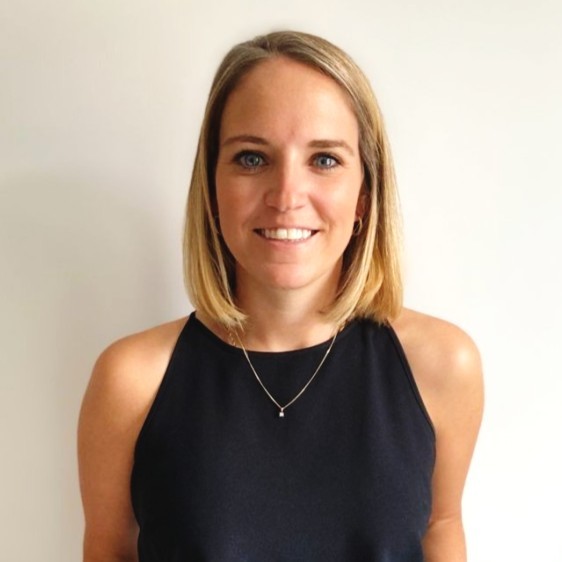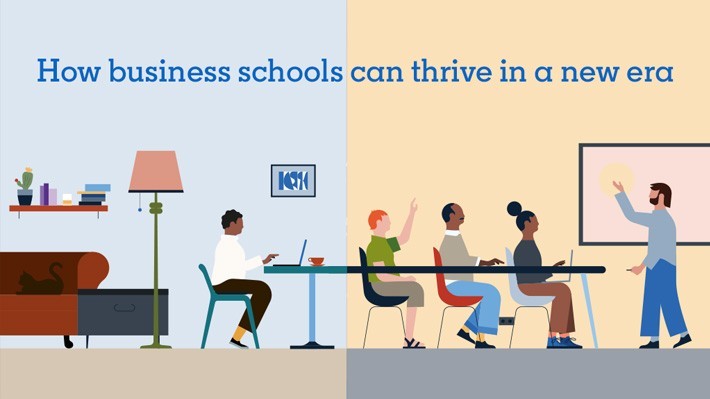Reforming the Learning Bank: How business schools can thrive in a new era
When it came to investing in knowledge, everyone used to follow the same strategy. They front-loaded their learning, amassing the vast majority of their education before entering the workplace. They spent four to six years in campus environments building up a stock of learning, which they certified in the form of graduate and post-graduate degrees. They would then hope they had chosen the right investment in knowledge to see them through their careers.
New research from LinkedIn and CarringtonCrisp reveals how this era of front-loaded learning is coming to an end – and how traditional business schools need to reform their offer to thrive in a new era. Their options are limited by the constraints that COVID-19 is putting on learning experiences. However, they have powerful assets to deploy as well. Our study shows that brand recognition, credibility and distinctive learning philosophies still have a powerful appeal.
Welcome to the era of lifelong learning
Today’s professionals expect to switch careers several times in their working lives, and re-skill more often even than that. This makes a single, expensive investment in learning a risky strategy. Lifelong learners spread that risk by learning in smaller chunks that relate to their professional needs at the time, but which can be stitched together to earn recognisable qualifications in the future. Across all age groups, roughly three-quarters of people considering further study now think in terms of such stackable degrees.
Because learning increasingly takes place throughout careers, the learning market is more varied than ever. For established business schools, success will depend on offering a portfolio of learning choices: options for how to invest time and money in knowledge that can cater to different ages and priorities:
- Generation Z attach the highest value to shared learning experiences and Masters degrees, and will have greatest interest in post-COVID courses that can replicate elements of face-to-face learning.
- Millennials are more open to entirely online courses, but seek out programmes with an established reputation, and accreditation through diplomas and certificates.
- Flexibility becomes more important to members of Generation X, who have the strongest appetite for online-only learning but are keen to stack certifications and earn recognisable degrees.
- Flexibility is the top priority for Baby boomers, who attach far less importance to qualifications and are focused on short online courses that are immediately relevant to their careers.
Roughly two thirds of potential students expect the learning they experience over the next three years to be blended in some way, mixing online with other experiences. They have more options available than ever before when it comes to the form those experiences will take. However, the continued importance of recognition and accreditation means that the options provided by established business schools can remain compelling ones.
In our full report on A New Era of Higher Education, we explore the strategies that these established Banks of Learning can use to leverage their famous brands, partner with the right online learning providers, and design bespoke learning experiences to suit the motivations and priorities of different groups. By providing different routes to knowledge, they can continue at the heart of higher education as we move into a lifelong learning era.
A New Era of Higher Education is available for free download now
Related articles



